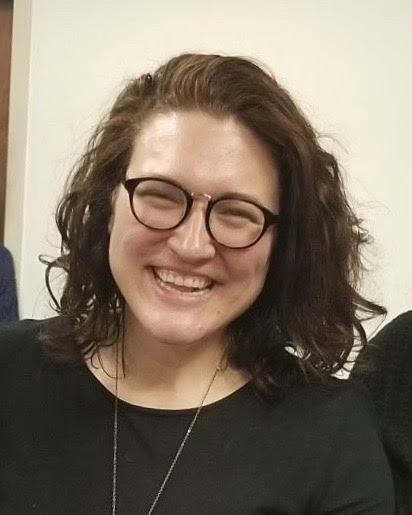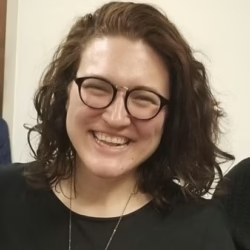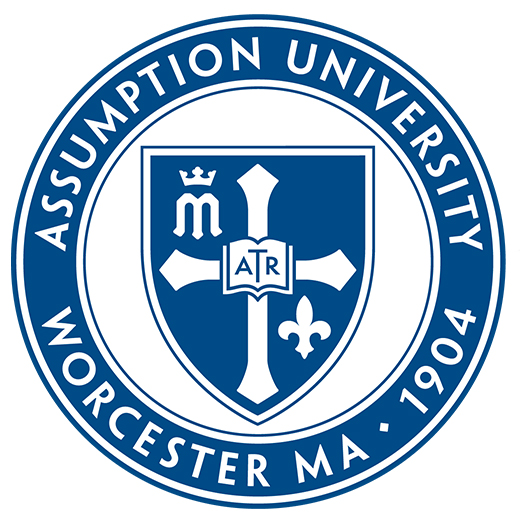A Look Inside the Honors Experience
The Honors Program supports Assumption University’s mission as a Catholic comprehensive college, one that provides a liberal education and is dedicated to helping students prepare for successful lives, professionally and personally.
Assumption University is driven by a simple vision: each student is a full human being, preparing for a full human life. Each person is called to understand themselves, others, and the world and to act in the world excellently. And each of us must do this in many ways: as workers, family members, friends, thinkers, and citizens. The Honors Program and its faculty aim to prepare each student for a thoughtful, productive, and free life, one in which the student may more excellently recognize the truth and succeed by doing good in community with others.
Inside the classroom, honors students engage with similarly motivated students and attentive professors in order to achieve a greater depth of understanding and higher-level thinking. The honors curriculum, which is available to students of all majors and intellectual interests, begins in the first year and culminates in a Senior Honors Thesis. Our curriculum is dedicated to providing a comprehensive, liberal education in preparation for a successful life.
Every semester, the Honors Program provides you with the opportunity to experience intellectual comradeship with similarly motivated students and professors through optional Book Summits and social activities each semester. Special opportunities available to members of the honors program include Summer Honors Fellowships, which fund one-on-one collaborative research with a professor, and Honors Travel Scholarships, which defray the costs of joining in an Assumption-sponsored travel experience.
The Honors Program at Assumption seeks applications from excellent students who aim, also, to become excellent thinkers, professionals, citizens, and human beings.
Rachel M. Coleman, Ph.D.
Events
Faculty
First-rate Academics in a Catholic University Setting
Assumption University awakens in students a sense of wonder, discovery, and purpose, forming graduates known for their intellectual seriousness, thoughtful citizenship, and devotion to the common good. Students are provided an education that shapes their souls, forms them intellectually, and prepares them for meaningful careers. Enlivened by the harmony of faith and reason, here, students’ minds and hearts are transformed.
Assumption is dedicated to providing a clear understanding of what your education will cost
Honors Lounge and Study Suite
BookTok, Lasers, and Loss: Honors Program Brings Catholic Liberal Education to Bear on a Broad Spectrum
Your Thesis Lives On in the Emmanuel d'Alzon Library
Beyond the Borders of the Classroom
- Summer Research Fellowships
- Travel Scholarships
- Book Summits
- Socials
















